
Before addressing the elephant in the room, let’s take a moment to let everything sink in. Everywhere, it’s artificial intelligence this and that. As it turns out, the invention’s roots run deep in history. But only these days, it spreads like wildfire.
Artificial Intelligence refers to human’s ability to integrate computer science with robust datasets. Engineers train their programs to impersonate human intelligence through experiential learning. Ultimately, these machines are supposed to lift the burden off everyone’s shoulders when dealing with tedious technicalities.
With AI at our disposal, we can enjoy personalized recommendations that prove invaluable in problem-solving and decision-making. The fusion of human ingenuity and this cutting-edge technology is said to promise new heights in work productivity.

Bear in mind that this digital transformation goes beyond professional practices. It also permeates leisure and domestic tasks. If you enjoy the convenience of setting up virtual assistants, then you are an active participant in the new era. Customers can enjoy AI’s full potential because corporations custom-build these intelligent bots to pamper their needs. Unfortunately, this shift towards automation can pose a dilemma for human resources, as certain job roles become susceptible to computerization.
Scientists crafted programs that aid businesses in streamlining operations and maximizing efficiency. Their principal purpose is to fill in the gaps left by human fallacy making productions less error-ridden. This phenomenon has sparked a conversation about the potential displacement of manual workers by machines. However, when we contemplate the driving force behind these inventions, there’s little need for excessive concern about them.
Allow me to substantiate my argument with supporting evidence:
Artificial Intelligence’s Limitations of Non-Verbal Communication

First, bots lack the nature necessary to deliver or interpret complex body language accurately. It takes external interference to turn the data into probabilistic reactions only humans can provide. We can’t deny that non-verbal communication often determines one’s career success. In fields like sales, visual cues during presentations can make a significant impact. Thus in this sector, you’ll most likely see AI as an automation tool because it can’t provide genuine care.
Artificial Intelligence’s Limitations in Critical Thinking and Creativity

The second reason is the fact that artificial intelligence is algorithm-powered. Therefore, it won’t offer values without data input. This is precisely where our role as humans comes into play. The lack of intuition and emotion prevents expert systems from acting beyond taking orders, let alone thinking outside the box. We can teach them templates or patterns, which we can benefit from later when we need a list of alternative solutions. However, they merely serve as a means of execution. The ultimate advantage still lies with us, the operators, as we retain the ability to apply critical thinking, adaptability, and creativity. Our human touch remains irreplaceable in navigating complex challenges and envisioning novel approaches to problem-solving
Artificial intelligence Lacks Soft Skills in Customer Interaction

Third, the absence of soft skills. Interpersonal skills are a company’s wise investment because they bring the team as a community closer together. To contextualize this, consider the analogy of inbound marketing. Personally, I find direct interactions with customer support far more gratifying than receiving automated replies.
Embracing modernization might seem daunting. But why reject it altogether when we can harness its potential? According to the World Economic Forum’s recent Future of Jobs Report, AI is expected to replace approximately 85 million jobs by 2025. However, it also predicts that trigger 97 million new jobs in the same timeframe. Take a look at the growing demand for these sales and marketing-related positions:
The rapid advancements in AI have fueled speculation about its potential to be a threat to employment. But if we are to reassess the incentive for its creation, we’ll soon realize that it’s merely a tool to augment efficiency.
History has shown that technological revolutions tend to create new job opportunities even as certain roles become automated. As AI takes over routine and repetitive tasks, it paves the way for the emergence of jobs centred around managing, interpreting, and improving AI systems themselves.
Moreover, the integration of AI in various sectors often demands a workforce well-versed in AI-related skills, creating a demand for specialists who can develop, implement, and oversee these technologies. In essence, the trajectory of AI suggests that it will serve as a catalyst for economic growth and innovation, fostering a symbiotic relationship between technology and the human workforce.
So, let’s start seeing artificial intelligence as our sidekick, not our rival!




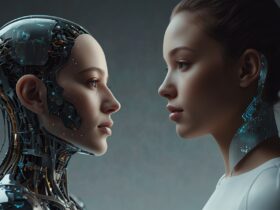





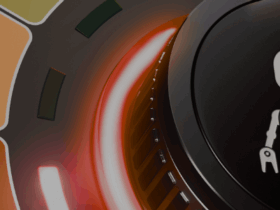
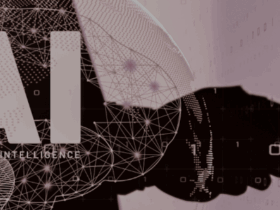



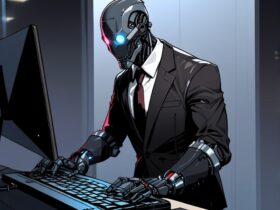
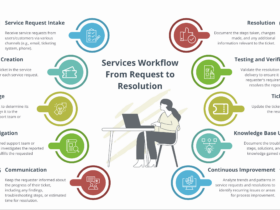
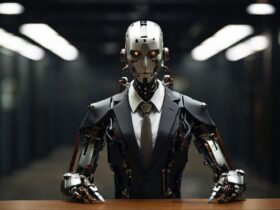
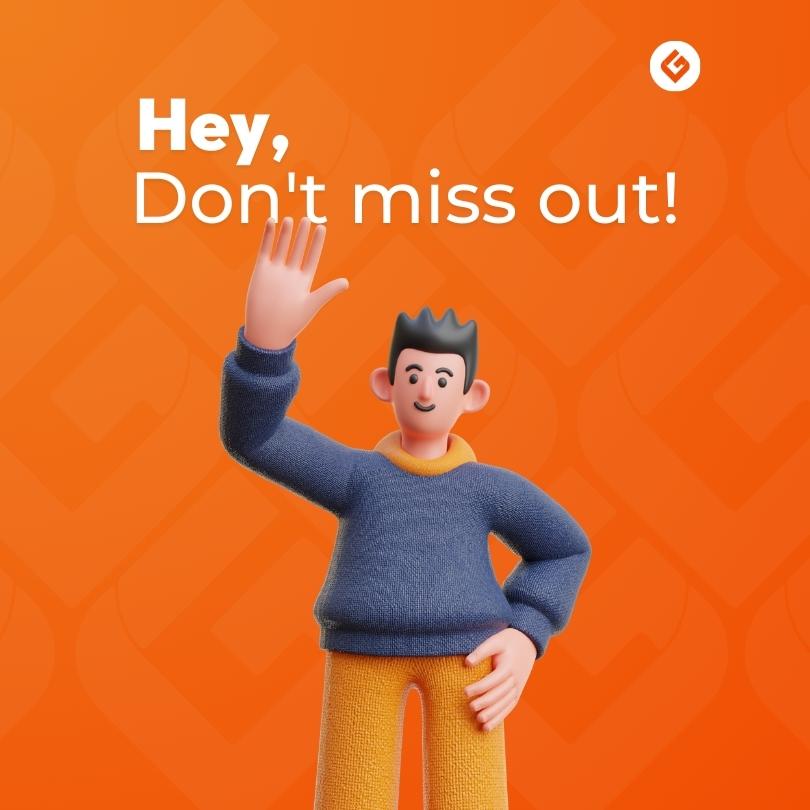
Wow, this blogger is seriously impressive!
We’re thrilled to hear that our content impressed you! Your positive response is truly encouraging.
I appreciate your creativity and the effort you put into every post. Keep up the great work!
Thank you for your kind words and appreciation. We’re delighted that our creativity and hard work resonate with you. Feel free to explore our website and gain more insights.
I do not even understand how I ended up here, but I assumed this publish used to be great
And we’ll try to keep our resources insightful and helpful for daily endeavours, by engaging with high-quality content.